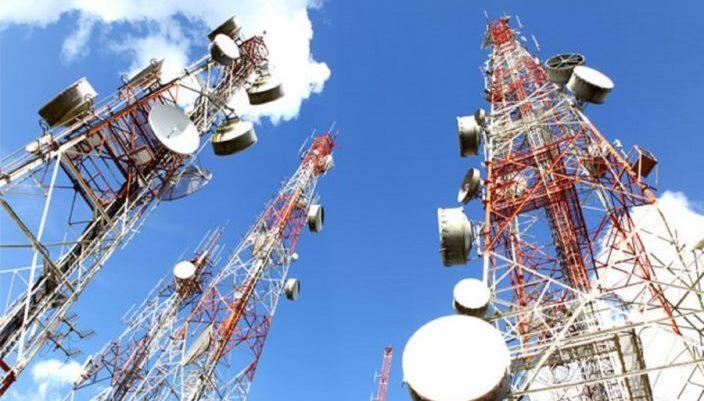Nigeria’s economic growth faces a potential hurdle due to the decline in the telecommunication contribution to the Gross Domestic Product. This decline is because of the sector’s weakening financial performance.
The telecoms sector has long been one of the pillars of the Nigerian economy, which is heavily reliant on its services sector. “The telecoms sector is a major contributor to the economy of Nigeria and provides the foundations for the digital transformation process,” said GSMA, the global industry body for telcos.
Telecom was one of the sectors that helped the country exit a recession in the fourth quarter of 2020. The mobile telecoms sector accounted for 13.5 per cent of total GDP in 2023, GSMA noted.
However, in Q1 2024, the telecom sector’s GDP contribution in real terms dropped by 12.60 per cent quarter-on-quarter to N2.67 trillion, due to sustained losses by telecom operators.
The information and communication sector, dominated by the telecoms sector, also experienced a 9.89 per cent decline in q-o-q in real terms. While it achieved a year-on-year growth rate of 5.43 per cent, it still experienced a 4.89 percentage points decline from the corresponding period of 2023.
“Of total real GDP, the sector contributed 17.89 percent in the 2024 first quarter, higher than in the same quarter of the previous year in which it represented 17.47 percent and higher than the preceding quarter in which it represented 16.66 percent,” the NBS noted.
The ICT sector includes activities such as telecommunications and information services, publishing, motion pictures, sound recording and music production, and broadcasting. Of the sector’s N3.27 trillion contribution, telecom was responsible for 81.50 per cent.
The performance of the country’s GDP in Q1 2024 was driven mainly by the services sector (which includes the ICT sector), which recorded a growth of 4.32 per cent and contributed 58.04 per cent to the aggregate GDP, according to the National Bureau of Statistics.
Nigeria’s GDP grew by 2.98 per cent year-on-year in real terms in Q1, 2024, a rate higher than the 2.31 per cent recorded in Q1, 2023, and lower than the fourth quarter of 2023, which had a growth rate of 3.46 per cent.
The decline in the telecom sector’s performance has been attributed to a combination of factors. MTN Nigeria and Airtel Africa recorded a combined loss of N511.27 billion in Q1, primarily because of a nearly 30 per cent devaluation of the naira.
This financial strain will also likely impact tax revenues, as the sector previously contributed N2.4 trillion to the government tax revenue in 2023.
“A sustained reduction in industry revenue has implications that go beyond just the service providers… The direct contribution of the industry to the total GDP of the country is also reduced,” GSMA said. “A slowdown in the mobile industry will have a further negative impact on the GDP of the country… If the industry suffers, this will feed through into lower rates of digital adoption, and the country will miss out on the potential boost to GDP that it would have delivered.”
The recent decline in subscriber base due to the NIN-SIM linkage may be another contributing factor, Afrinvest Consulting noted.
“The entire ecosystem is battling with a range of challenges that must be addressed,” highlighted Gbenga Adebayo, the chairman of the Association of Licensed Telecommunications Operators of Nigeria (ALTON).
These challenges centre around rising costs of operations, he highlighted. Failing to cushion the effect of these challenges will impact operators in the space and innovation, he continued.
“This is a critical moment for the industry. How we approach and resolve it will define the future of Nigeria’s digital economy,” he added.
Recognising the sector’s importance, Bosun Tijani, minister of Communications, Innovation and Digital Economy, recently established a committee to review operational conditions and propose fiscal measures to cushion the impact of macroeconomic pressures on telecom operators.
“As a major contributor to our country’s GDP, the telecommunications industry is critical to the development of our nation as it helps to spur innovation and promote digital inclusion among Nigerians,” he said.
